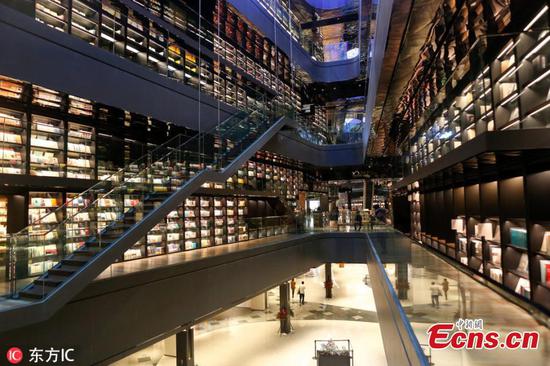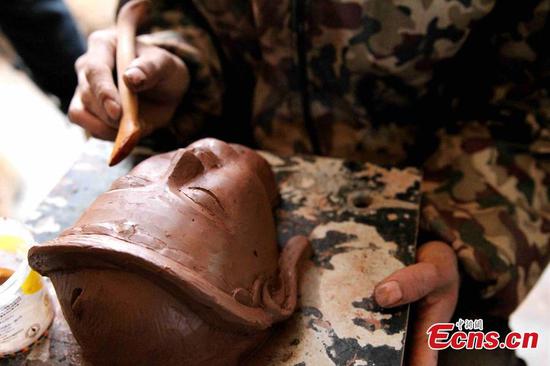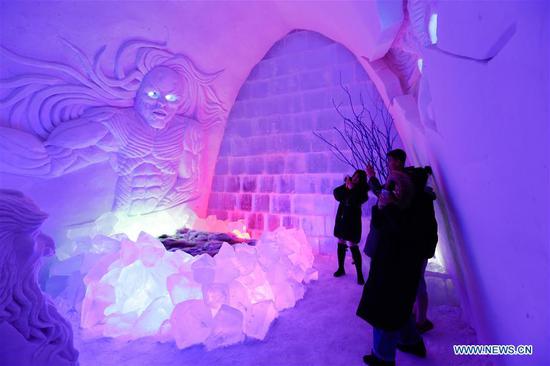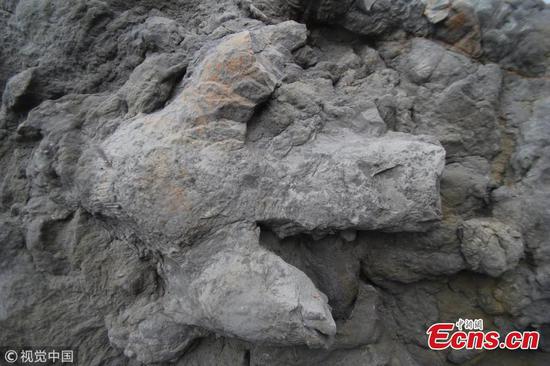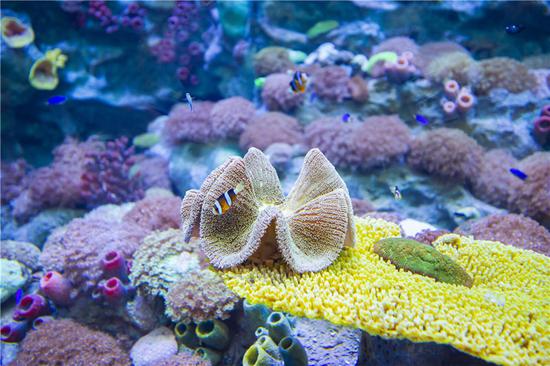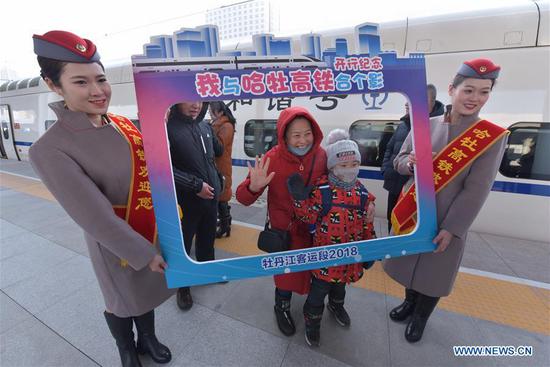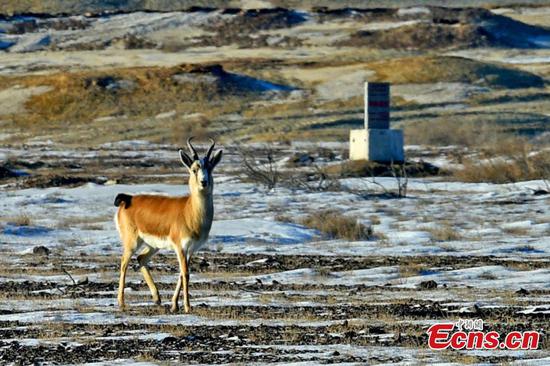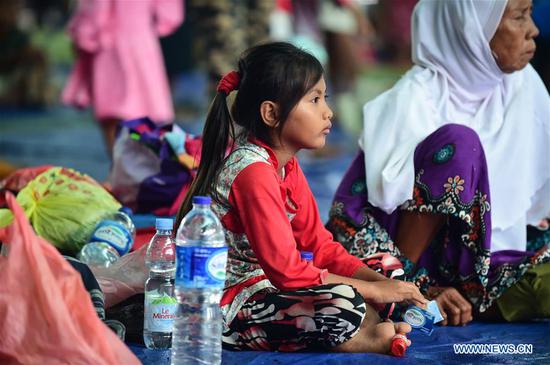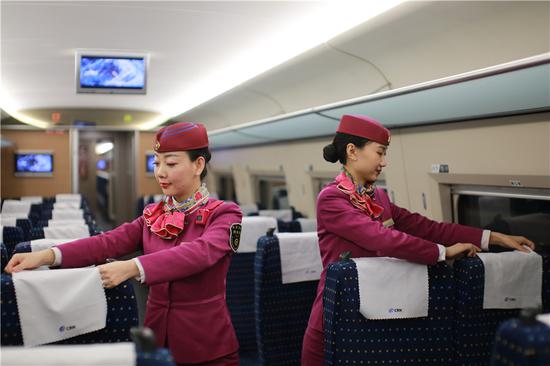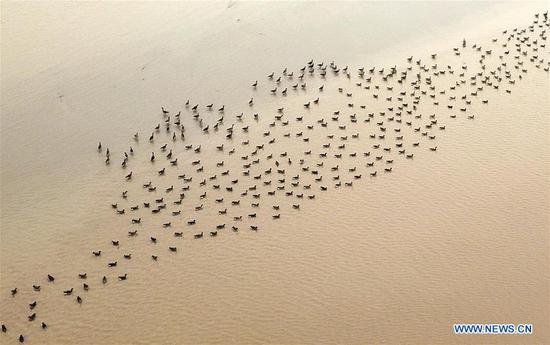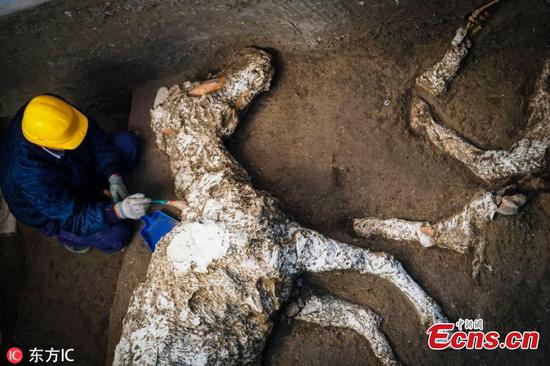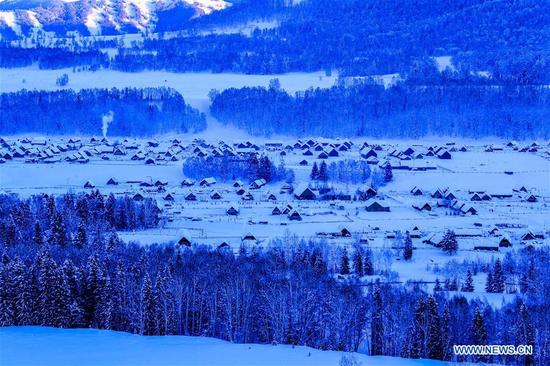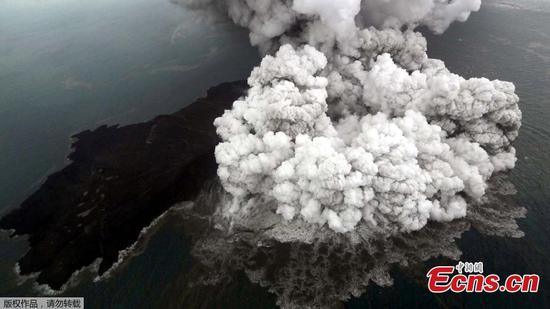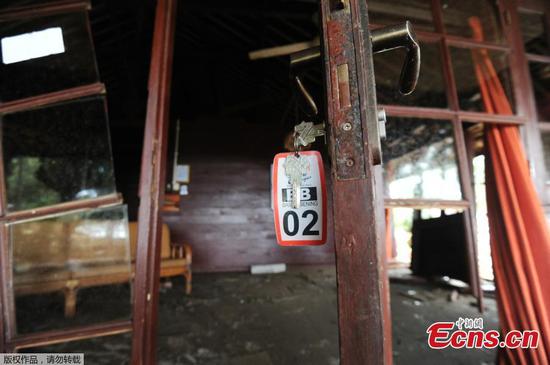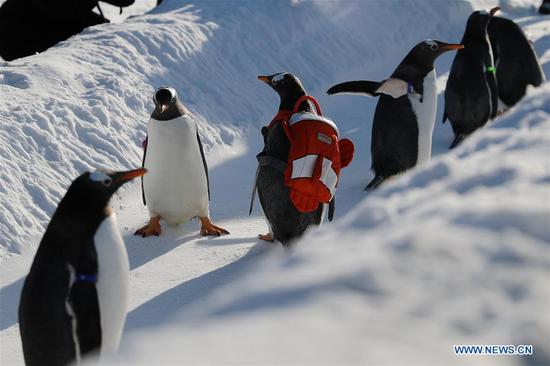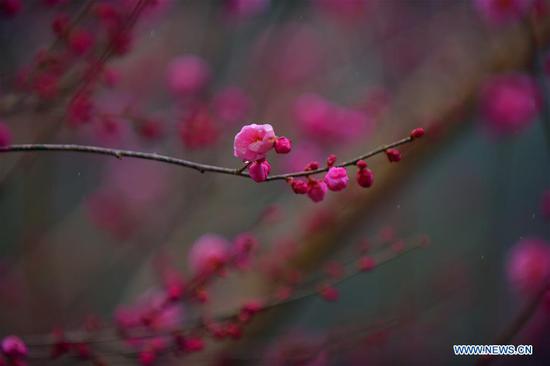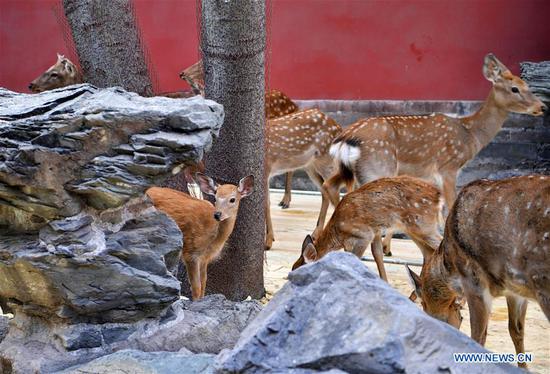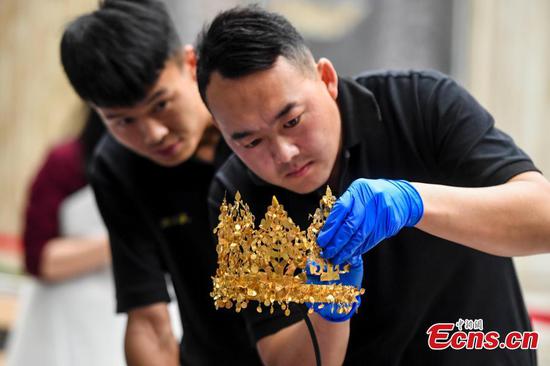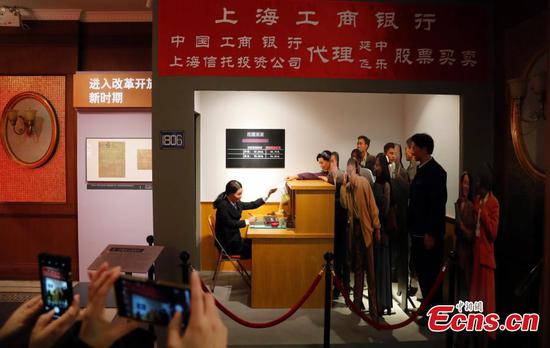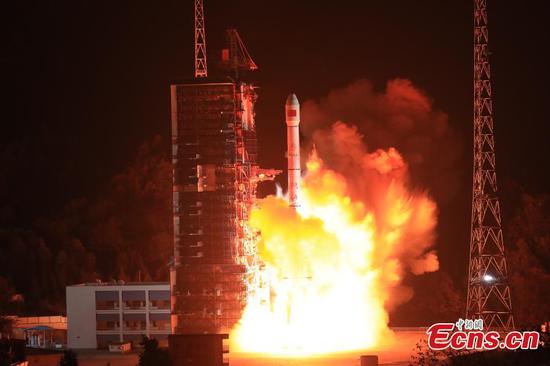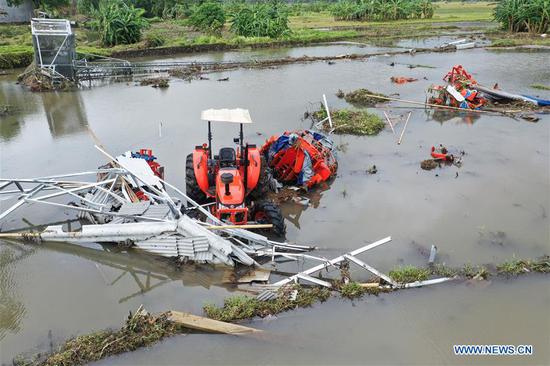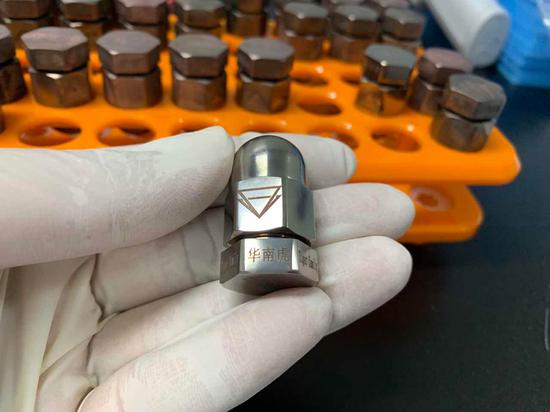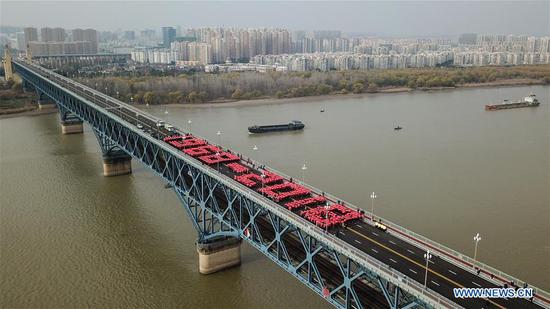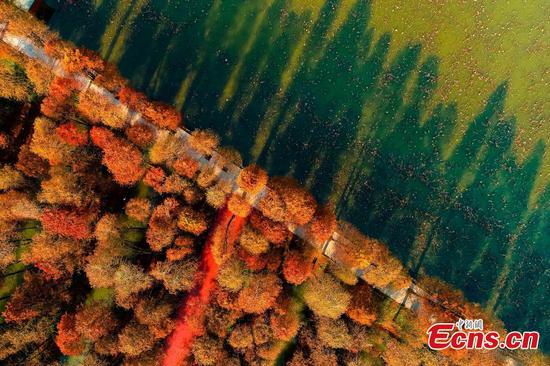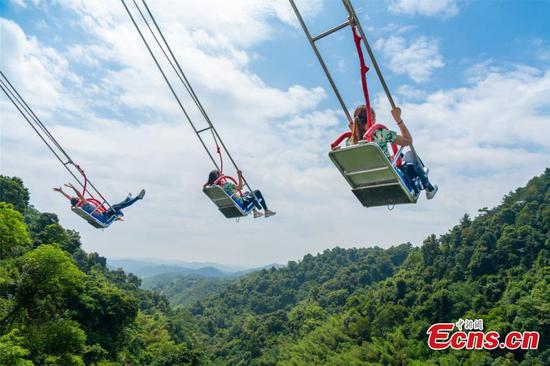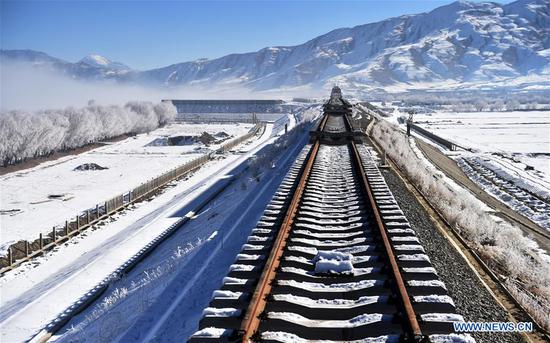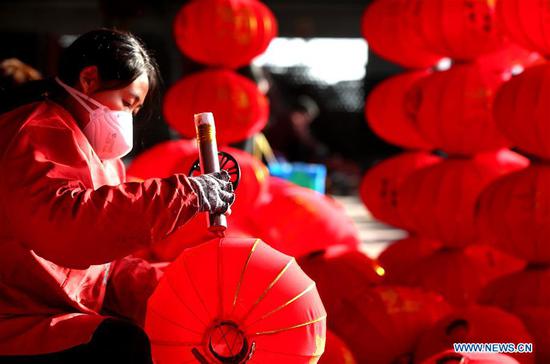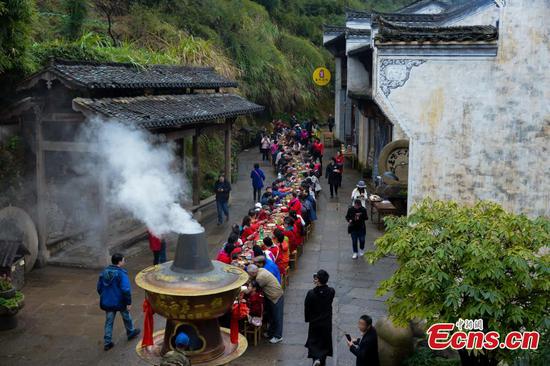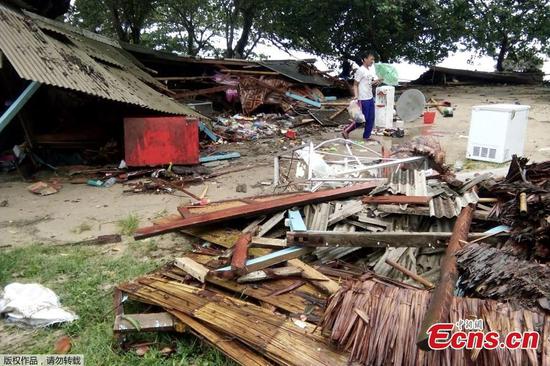The father of a 7-year-old girl who died of cancer after taking medicine supplied by Quanjian Group, a herbal drugmaker based in Tianjin, has said he plans to make a second attempt at suing the company.
“I will sue Quanjian again,” Zhou Erli, who spoke on condition of using the pseudonym, told news website The Paper on Tuesday. “I have some new evidence, and I have the time to do it.”
Zhou lost a lawsuit against the drugmaker in 2015 shortly before the death of his daughter, Yang. A court dismissed his claim that the company had mislead the family over the potency of its anti-cancer treatment and spread false information.
News about a potential second lawsuit came on the same day that Dingxiangyuan, an online health information service, published an article accusing Quanjian of using false advertising to cheat consumers.
Quanjian Group has denied any wrongdoing.
Yang was 4 years old when she was diagnosed with malignant germ cell tumors in 2012. After the child had undergone four operations, her uncle appeared on a variety show broadcast by China Central Television, the State broadcaster, to appeal for information on a better treatment plan for the girl.
After the broadcast, Zhou said he was contacted by Wang Zhiyong, a distributor for Quanjian in Beijing, who arranged for the family to visit the company’s headquarters in Tianjin, where they met with the chairman, Shu Yuhui.
“We talked for about 40 minutes in his office, and he told us Quanjian is China’s largest base for the research and development of traditional Chinese medicine and that it had a secret anti-cancer recipe that could cure Yang,” he told The Paper.
A week later, Yang stopped chemotherapy and started taking Quanjian’s herbal medicine. However, after three months, doctors found that her cancer had spread. She was sent back to the hospital in March 2013 to restart chemotherapy.
By May that year, Yang was in intensive care, yet Zhou said he was surprised to find ads online that falsely claimed his daughter had already been cured thanks to Quanjian’s drugs.
“It was then that I started to think I’d been scammed,” he said.
Zhou filed a lawsuit against the company at his local court in Chifeng, Inner Mongolia autonomous region, in early 2015.
The court ruled in April that year that Zhou had insufficient evidence to prove Quanjian had released or authorized the release of false information about his daughter.
Yang died the following December.
The Dingxiangyuan article on Tuesday has reignited national interest in Zhou’s case.
In response, Quanjian issued a statement on Wednesday in which it accused Dingxiangyuan of libel and publishing false information that had seriously infringed the drugmaker’s interests. The company demanded a retraction and an apology.
Dingxiangyuan later said on Sina Weibo that it stands by the article. “We will be responsible for every single word,” it said.









